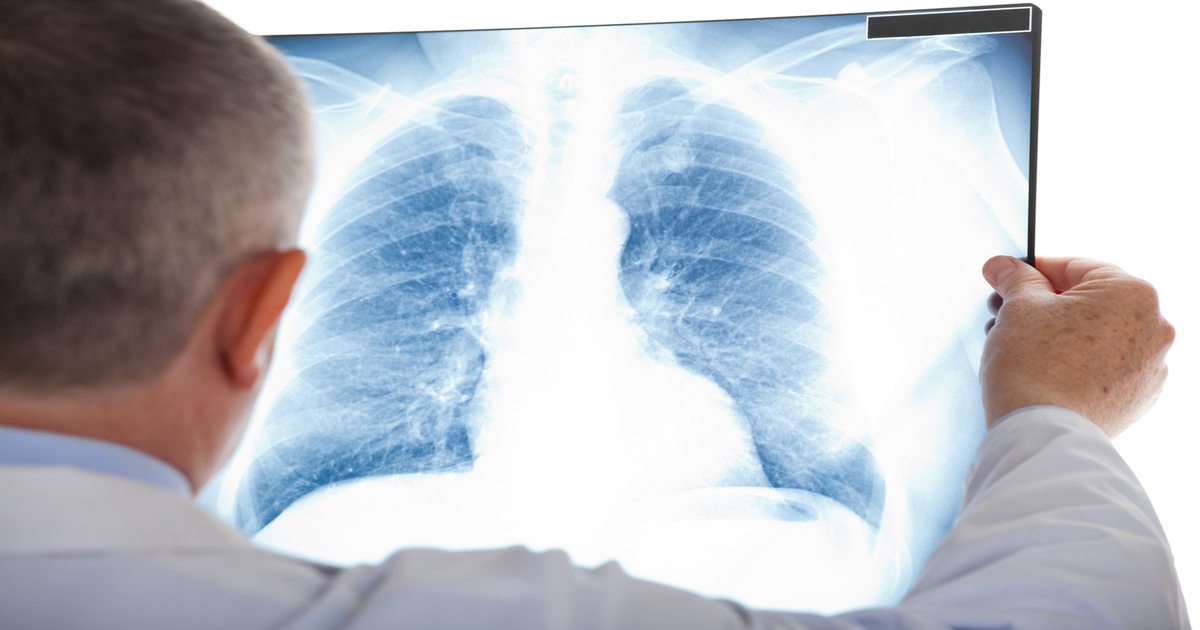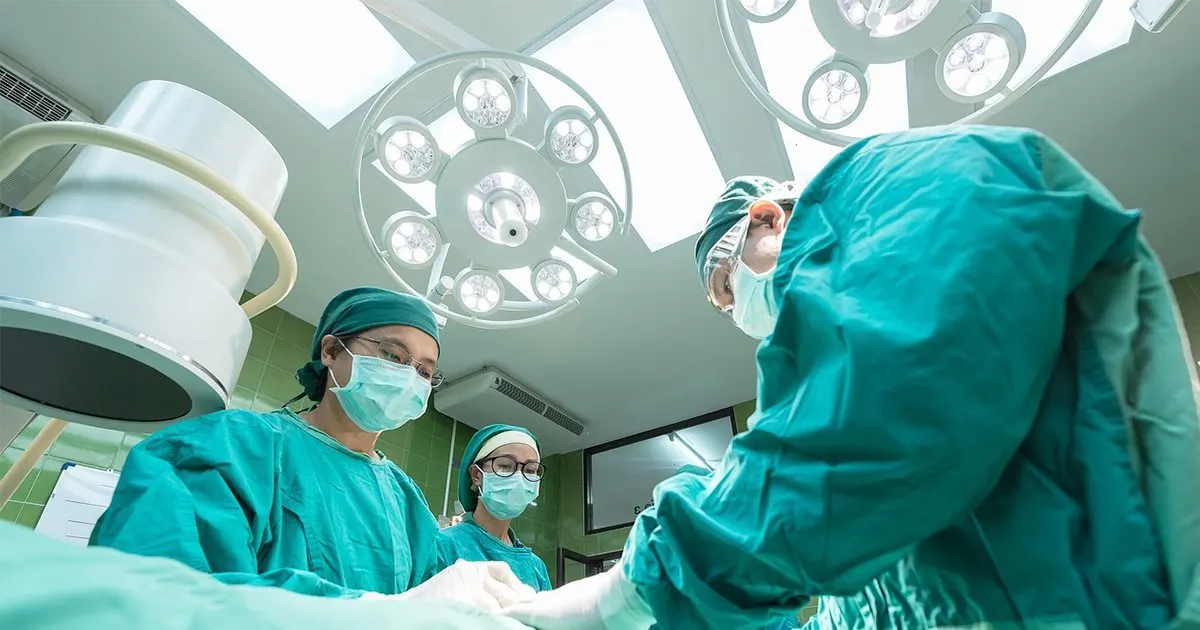What Are The Causes And Risk Factors Of Tricuspid Valve Regurgitation?
Tricuspid valve regurgitation is a heart disorder where blood flows backward into the right atrium from the right ventricle. This backflow occurs because the tricuspid valve between the right atrium and ventricle does not close tight enough. The regurgitation occurs as the left ventricle contracts to pump blood to the lungs. Healthy valves in the heart open up just enough for blood to flow through them, and then they quickly close tightly so blood doesn't move backward.
A mild case of tricuspid valve regurgitation may not manifest with any symptoms, but moderate to severe cases can manifest with symptoms of fatigue, swelling, weakness, neck vein pulsing, and reduced urine output. Diagnosis is made using a Doppler echocardiogram and or cardiac catheterization. The severity of a patient's tricuspid valve regurgitation and the underlying cause of the disorder will determine the method used to treat it.
Carcinoid Syndrome

Carcinoid syndrome is a complication of a rare kind of tumor called a carcinoid tumor. This condition occurs when the patient's carcinoid tumor releases certain chemicals in the body that have adverse effects on various organs throughout the body. These tumors usually develop in a patient's lungs or within their gastrointestinal tract. Most often, carcinoid syndrome occurs in individuals who already have a metastasized advanced-stage carcinoid tumor. The substances of which the carcinoid tumor may secrete include histamine, prostaglandins, 5-hydroxytryptamine, and tachykinins.
These substances are known to cause a reaction in the tissues of the heart where endocardial plaques and dense fibrous tissue build up on the parts of the heart valves. Not only are the leaflets of the valves affected, but also the papillary muscles and the tendinous chord parts of the heart valves. The plaques cause the tricuspid valve to become distorted or abnormally shaped, which results in functional impairment of the valve. The impairment causes the regurgitation of blood through the tricuspid valve.
Endomyocardial Biopsy

An individual who undergoes an endomyocardial biopsy is at an increased risk of having tricuspid valve regurgitation. An endomyocardial biopsy is a rather invasive procedure used as a diagnostic tool in individuals with some cardiovascular diseases or to collect small samples of heart muscle tissue for analyzation. It is most often performed in patients who need monitoring for organ rejection after undergoing a heart transplant. The complication of tricuspid valve regurgitation is relatively common in individuals who have undergone this procedure.
This complication can be explained by the inability of visual assistance tools like fluoroscopic guidance and two-dimensional transthoracic echocardiography to provide the operating surgeon with a sufficient visualization of the tricuspid valve chordae and tendineae attachments. This complication even occurs in individuals who are operated on by highly experienced and specialized surgeons, because contact with the tricuspid valve apparatus during this procedure is nearly impossible.
